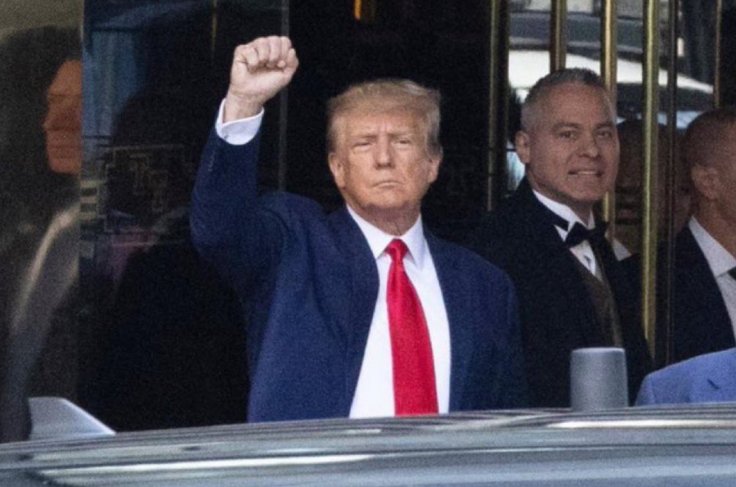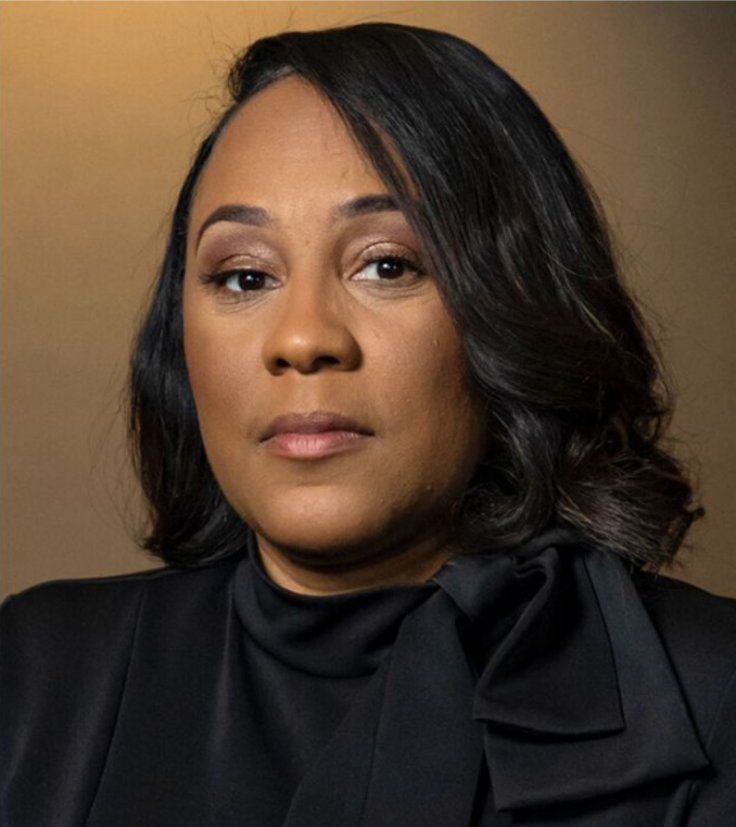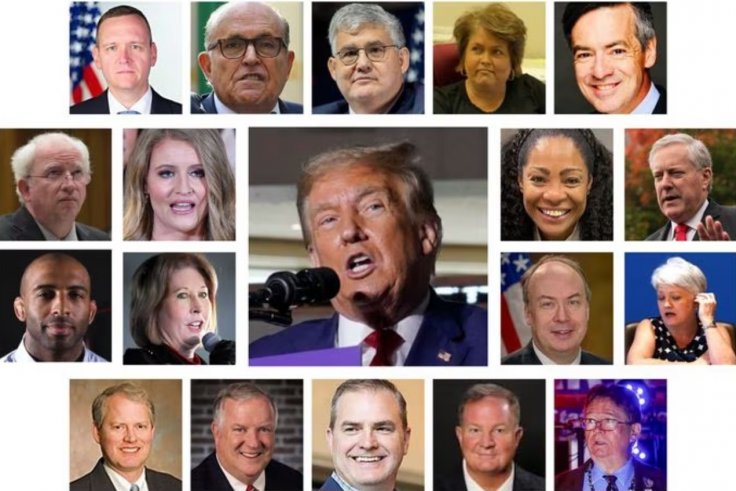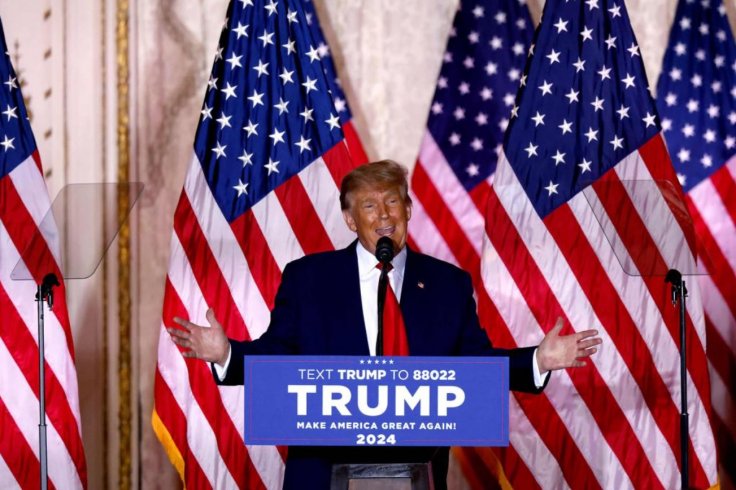Former President Donald Trump and several of his political allies were indicted on Monday for allegedly trying to unlawfully reverse the Georgia election results from the 2020 presidential race, which put Joe Biden in the White House. This indictment marks the most sweeping legal action against the ex-president.
The 77-year-old Republican presidential candidate is now facing trials in New York, Washington, DC, and Florida for three additional cases. Fani Willis, the prosecutor of Fulton County, told reporters that Trump has until August 25 to surrender himself to authorities voluntarily. So, what happens from here and what could Trump and his lawyers do next? Can Trump somehow avoid going to jail?
What Is RICO?

Trump is facing accusations of violating Georgia's Racketeer Influenced and Corrupt Organizations Act (RICO), a legal term. The federal version of this law was initially devised to prosecute leaders of intricate criminal enterprises, particularly in organized crime.
The Georgia version, which is one of the most expansive in the nation, allows prosecutors to combine various alleged offenses, such as conspiracy to deceive the state, false declarations, posing as a public official, forgery, computer theft, and numerous others, into a single charge that could result in a maximum 20-year imprisonment.
Prosecutors claim that the Trump campaign serves as a criminal enterprise, with the objective of overturning the popular vote in Georgia. Following a comprehensive investigation spanning two and a half years, prosecutors have compiled a 98-page indictment involving 19 defendants.
This indictment comprises 13 charges that are specifically leveled against Trump himself.

Legal experts highlight that the purpose of using this statute is to apprehend significant figures, emphasizing the strategy's aim to target influential individuals.
"The goal of this criminal enterprise is to keep Trump in power, so it would be essential to have Trump indicted," said Clark Cunningham, a law professor at Georgia State University.
Trump's legal team issued a statement expressing anticipation for a thorough examination of the indictment, which they believe is undoubtedly as flawed and unconstitutional as the entirety of this process has been.
What Next?
Once defendants in Georgia are indicted by a grand jury, they proceed to an arraignment, where the charges are formally read in court. During this process, defendants are prompted to enter a plea.

In Trump's case, his attorney might request to skip the arraignment, and Trump could submit a plea of not guilty without needing to physically appear in court.
It appears unlikely that this process would encompass all the customary stages of a criminal booking, and there is uncertainty about whether it would transpire at the Fulton County Jail.
Bail arrangements will also be settled. It's likely that he will be released, in all likelihood in exchange for his commitment to appear for trial.
Upon his arrest, Trump will have his mugshot taken, according to Fulton County Sheriff Pat Labat's statement to local media earlier this month.

Trump is known for employing legal tactics to prolong cases, and the prosecution could face additional delays due to unique legal questions arising from the unparalleled nature of this case.
What Is Trump Expected to Do?
According to legal experts, a delay could serve as an advantage for Trump, who is aiming for the Republican nomination in the upcoming presidential election scheduled for November 5, 2024.
It is likely that Trump will the challenge prosecution, alleging it has been driven by political vendetta.
He could also try to change the trial's location within the state, contending that the jury pool in Fulton County, where Biden secured around 73 percent of the vote, might be predisposed against him.
However, there remains a lot of uncertainty about how exactly this entire process could look.

Selecting a jury could be an extensive process due to the strong opinions several people hold about Trump and the substantial time commitment that potential jurors would need to dedicate to the trial.
For a conviction on any charge, all 12 jurors from Fulton County must unanimously agree beyond a reasonable doubt that Trump is guilty. If a unanimous verdict cannot be reached, the judge has the authority to declare a mistrial.
Should Trump receive a conviction, it's likely that he would pursue a new trial by claiming that the verdict was inconsistent with evidence or against the law.









